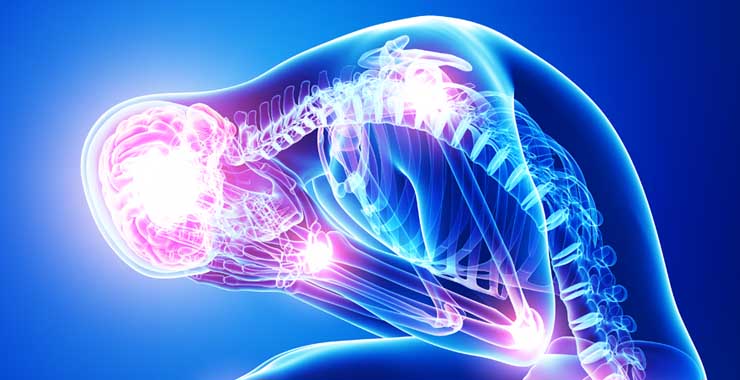Stress is a natural part of life and can be caused by a wide range of events, from daily tasks and responsibilities to major life changes. While some stress can be beneficial and help us cope with difficult situations, chronic stress can harm our physical and mental health. In this article, we will discuss the consequences of chronic stress on your health and what you can do to manage it.
Physical Consequences of Chronic Stress
Chronic stress can have a wide range of physical consequences, including:
- Cardiovascular Disease: Chronic stress can increase the risk of heart disease and stroke by raising blood pressure and increasing the risk of blood clots.
- Digestive Problems: Chronic stress can lead to digestive problems, such as acid reflux, constipation, and irritable bowel syndrome.
- Weakened Immune System: Chronic stress can weaken the immune system, making it more difficult to fight off infections and illnesses.
- Headaches and Muscle Pain: Chronic stress can cause headaches and muscle pain, as well as increase the risk of developing chronic pain conditions, such as fibromyalgia.
Mental Consequences of Chronic Stress
Chronic stress can also have several mental health consequences, including:
- Anxiety and Depression: Chronic stress can increase the risk of developing anxiety and depression, and make existing symptoms worse.
- Insomnia: Chronic stress can interfere with sleep, leading to insomnia and other sleep disorders.
- Memory and Concentration Problems: Chronic stress can impair memory and concentration, making it more difficult to focus and complete tasks.
- Substance Abuse: Chronic stress can increase the risk of substance abuse and addiction, as individuals may turn to drugs or alcohol as a way of coping.
Solution:
To avoid the negative effects of chronic stress on your health, it’s important to develop effective stress management strategies. This can include practicing relaxation techniques, such as meditation and deep breathing, engaging in regular physical activity, and seeking support from friends, family, or a mental health professional. In addition, making lifestyle changes, such as eating a healthy diet, getting enough sleep, and reducing caffeine and alcohol intake, can also help reduce stress levels.
The Consequences of Stress on Sexual Function
Stress can have a significant impact on sexual function and intimacy. Chronic stress can lead to decreased libido, sexual arousal problems, and difficulty reaching orgasm. Stress can also contribute to sexual dysfunction in men, such as erectile dysfunction and premature ejaculation, and in women, such as vaginismus and decreased lubrication. Additionally, stress can also put a strain on relationships and cause intimacy issues, further impacting sexual function. It’s important to recognize the impact of stress on sexual health and seek help from a healthcare professional if needed to address any related issues and maintain a healthy and satisfying sexual life.
Chronic stress can have a wide range of negative consequences on both physical and mental health. It can also have a severe impact on sexual function causing erectile dysfunction. Though medicines like Cenforce 200mg and Vidalista 60mg can help, the best thing to do is manage your stress.
To avoid these effects, it’s important to develop effective stress management strategies and maintain a healthy lifestyle. By taking care of your physical and mental health, you can reduce the impact of stress on your life and improve your overall well-being.

Comments